The purification of spent cooking oil has numerous advantages in terms of the economy, environment, and health. With 4.4 billion pounds, the amount of wasted cooking oil collected in just the USA and Canada is staggering.
You may probably guess what the global statistics must look like.
Oils used in the food sector are derived from plants and vegetables. Fortunately, these oils don’t have to be wasted.
Many businesses recycle the oil and use it for new purposes. Recycling is preferable to landfilling this oil in the true spirit of “waste not want not.”
Following are some of the main advantages of recycling spent cooking oil:
1. Extra revenue for the restaurant
This is not something you can accomplish in your capacity due to the amount of work involved in recycling spent cooking oil. You can, however, sell the oil to businesses that will purify it and make other goods out of it.
The advantage is that you are not even required to deliver it to them. Gather it and put it in the containers that are given so that you may pour the used oil there. They will then gather it and transport it to their facility for purification. They’ll compensate you for your used cooking oil, bringing in more money for your enterprise.
The cost of used cooking oil might reach 25 cents per pound. This product would otherwise be thrown away, hence this price is reasonable.
2. Less oil in the drains means less blockage
To prevent used cooking oil from clogging sink drains, instruct your kitchen staff to dispose of all used oil in the designated bins.
The recycling business may take the deep fryer oil and go purify it once the bins are full. You should aim to dispose of as little oil as possible. It solidifies when it comes in contact with a cold surface or cold water if you pour it down the kitchen drain.
The kitchen plumbing system becomes blocked as a result of solidified oils and fats. You may have to spend a lot of money on plumbing repairs to have the drainage system working properly once more.
The municipal authorities have the right to penalise you severely if they learn that you allowed used cooking oil to enter their drainage system.
The discharge of FOG – fats, oils, and greases – into the sewerage lines is the cause of more than 75000 instances of sewage overflow in various regions of the USA.
There will be fewer calls to plumbing companies if leftover cooking oil is properly collected for recycling.
Simply hire a recycling firm to collect your used cooking oil for recycling to eliminate all of these hassles.
3. Old cooking oil can be recycled to biodiesel
Despite being a difficult procedure, used cooking oil can be cleaned and converted to biodiesel. The recycling businesses afterwards sell for a variety of uses. This oil works well in a variety of applications, including farm equipment, cars, and lawn mowers.
There is less reliance on fossil fuels as more biodiesel enters the market. There will be fewer emissions entering the atmosphere, which is good news for the environment.
Today, you may find biodiesel for sale if you check through a variety of websites, including the large ones like AliBaba. Biodiesel will become more affordable and accessible as it becomes more widely available on the market.
4. You have less waste to take care of
You have less waste to manage in your company when you collect your deep fryer oil for recycling. Additionally, it aids in keeping your kitchen pest- and rodent-free.
You will need to harden the oil and store it in plastic bags for disposal if you do not hire a company to collect the oil. This can end up costing more in the long run than selling it to a recycler.
Only the collection of the oil in the bins the recycling business supplies requires training for your workers.
You can develop a weekly, bi-weekly, or monthly schedule depending on the size of your company and the amount of used oil it produces each day.
5. Helps create employment for many people
More than $5 billion is generated by the large sector of used oil recycling (by 2020). Thousands of people are employed by it in various capacities.
Sending your deep fryer oil for purification will help the labor market tremendously.
Stop all of this oil from reaching the drain so that it doesn’t end up as waste in the grease trap.
Allow the businesses that specialize in the recycling of this oil to collect it and compensate you for their services.
Conclusion
Among the many advantages of purifying wasted cooking oil, these are just a few. You contribute to maintaining clean water sources by reducing the amount of oil that enters landfills and the soil.
You not only contribute to economic growth, job creation, and property maintenance, but you also support Mother Nature.

